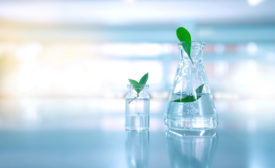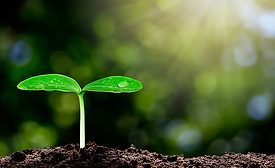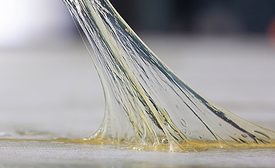Home » bio-based materials
Articles Tagged with ''bio-based materials''
Top 5 News that Sticks
Readers last week were most interested in Wacker’s quarterly financial results.
Read More
Market Trends
Opportunities for Bio-Based Adhesives
Bio-adhesives have rapidly gained traction as an alternative to traditional synthetic adhesives.
May 16, 2022
Market Trends
Packaging Adhesives Market Poised for Green Innovation and Steady Growth
The market will continue to reward innovation in adhesives for packaging applications.
April 28, 2022
From the Editor
A Wintery Mix
Our February issue brings articles on a wide range of topics, including green formulations and applications, curing materials, transportation end uses, and much more.
February 25, 2022
Striving for Sustainability
How Are Adhesive Innovations Enabling the Circular Packaging Economy?
The packaging industry can address the growing market demand for sustainable packaging while also enabling operating and performance improvements that have benefits independent from sustainability.
February 16, 2022
Top 5 News that Sticks
H.B. Fuller Acquisitions Continue to Dominate the News
Readers last week showed massive interest in H.B. Fuller’s latest acquisitions.
February 14, 2022
Performance Elastomers from Renewable Resources
Elastomers produced with a new renewable monomer are helping create new market value while offering sustainability benefits.
February 14, 2022
Keep the info flowing with our eNewsletters!
Get the latest industry updates tailored your way.
JOIN TODAY!Copyright ©2025. All Rights Reserved BNP Media.
Design, CMS, Hosting & Web Development :: ePublishing










